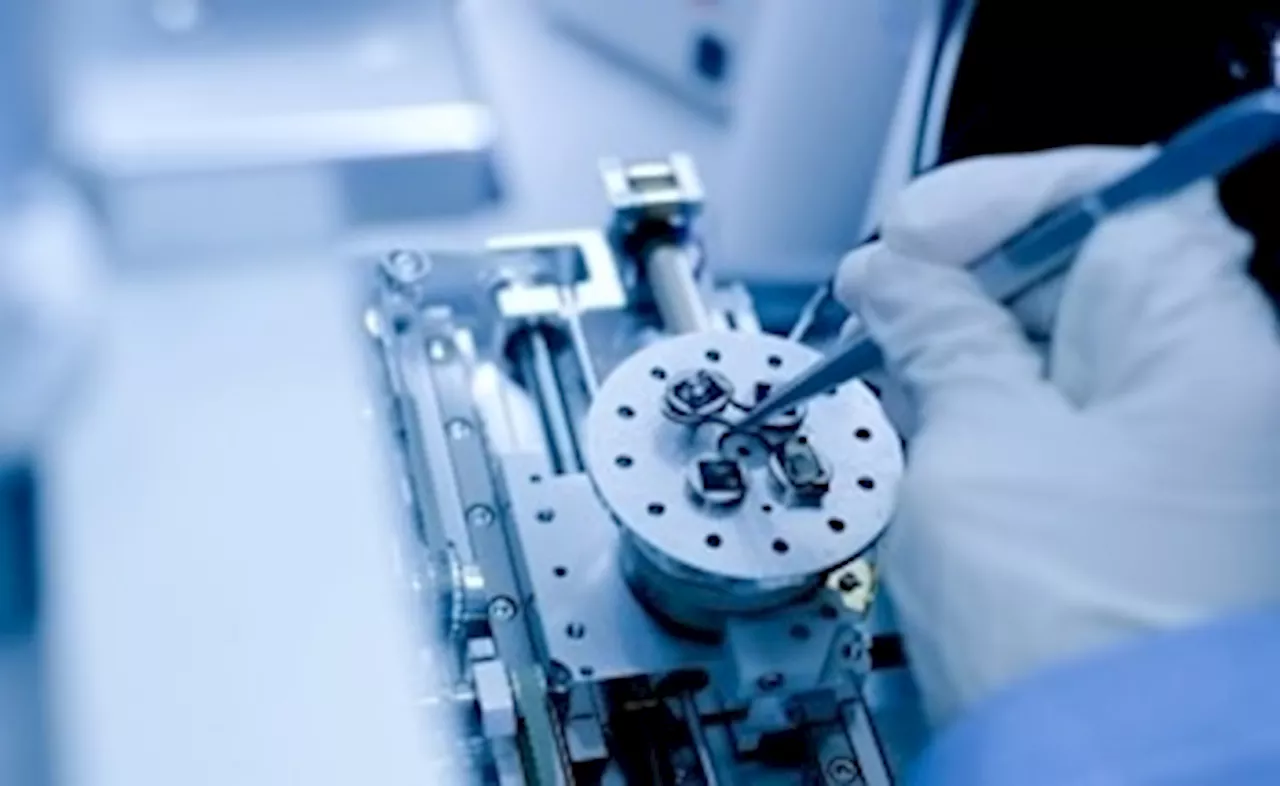Fat-enlarged axillary nodes on screening mammograms can predict the risk for cardiovascular disease (CVD), according to a study presented at the annual meeting of the American Roentgen Ray Society, held May 5–9 in Boston.
Fat-enlarged axillary nodes on mammogram may indicate higher CVD risk retrieved 15 May 2024 from https://medicalxpress.com/news/2024-05-fat-enlarged-axillary-nodes-mammogram.html
This document is subject to copyright. Apart from any fair dealing for the purpose of private study or research, no part may be reproduced without the written permission. The content is provided for information purposes only.May 13, 2024Use this form if you have come across a typo, inaccuracy or would like to send an edit request for the content on this page. For general inquiries, please use ourThank you for taking time to provide your feedback to the editors.
Your feedback is important to us. However, we do not guarantee individual replies due to the high volume of messages.to let the recipient know who sent the email. Neither your address nor the recipient's address will be used for any other purpose. The information you enter will appear in your e-mail message and is not retained by Medical Xpress in any form.Get weekly and/or daily updates delivered to your inbox.
Medicine Research Health Research News Health Research Health Science Medicine Science
Ireland Latest News, Ireland Headlines
Similar News:You can also read news stories similar to this one that we have collected from other news sources.
 Social determinants of health tied to atherosclerotic CVD riskBoth individual- and area-level social determinants of health (SDOH) are associated with atherosclerotic cardiovascular disease (ASCVD) risk, according to a study published in JAMA Network Open.
Social determinants of health tied to atherosclerotic CVD riskBoth individual- and area-level social determinants of health (SDOH) are associated with atherosclerotic cardiovascular disease (ASCVD) risk, according to a study published in JAMA Network Open.
Read more »
 Link between depression and cardiovascular disease explained: They partly develop from same gene moduleDepression and cardiovascular disease (CVD) are serious concerns for public health. Approximately 280 million people worldwide have depression, while 620 million people have CVD.
Link between depression and cardiovascular disease explained: They partly develop from same gene moduleDepression and cardiovascular disease (CVD) are serious concerns for public health. Approximately 280 million people worldwide have depression, while 620 million people have CVD.
Read more »
 Replacing dinner calcium with breakfast intake could reduce heart disease risk, study findsThe quantity of calcium consumed at breakfast and dinner was associated with cardiovascular disease (CVD).
Replacing dinner calcium with breakfast intake could reduce heart disease risk, study findsThe quantity of calcium consumed at breakfast and dinner was associated with cardiovascular disease (CVD).
Read more »
 How Are Graphene Nanoribbons Formed?Exploring graphene nanoribbons' synthesis via CVD and other methods for advanced electronic and quantum applications.
How Are Graphene Nanoribbons Formed?Exploring graphene nanoribbons' synthesis via CVD and other methods for advanced electronic and quantum applications.
Read more »
 How smoking really affects your belly fatThere's more than just one type of fat - and it's more important than our waistlines.
How smoking really affects your belly fatThere's more than just one type of fat - and it's more important than our waistlines.
Read more »
 High-fat diet accelerates aging-related memory loss in ratsStudy found that a high-fat diet exacerbates age-related cognitive decline in rats, even when microglia cells are removed from the equation, suggesting other pathways may play a role.
High-fat diet accelerates aging-related memory loss in ratsStudy found that a high-fat diet exacerbates age-related cognitive decline in rats, even when microglia cells are removed from the equation, suggesting other pathways may play a role.
Read more »
